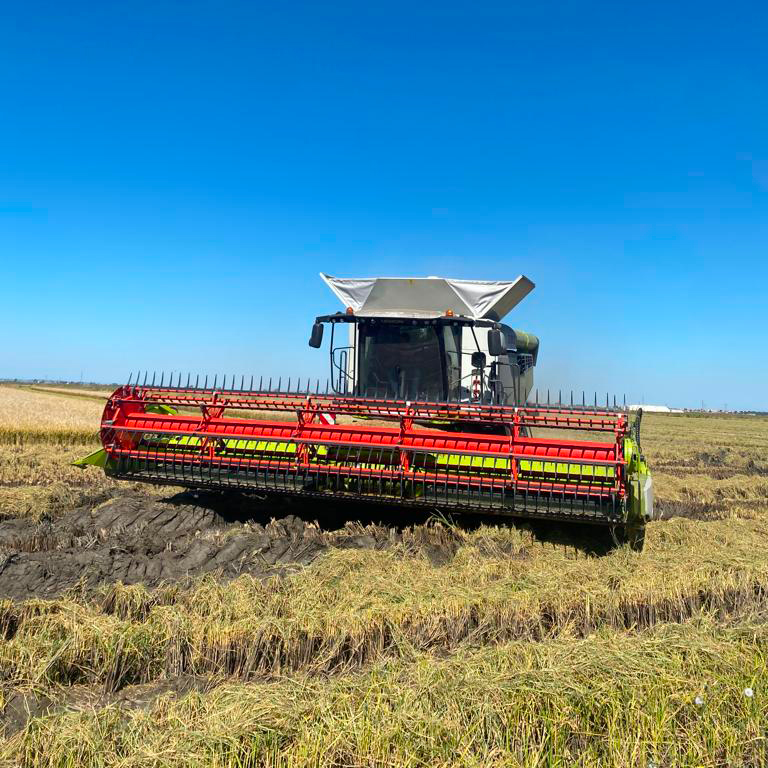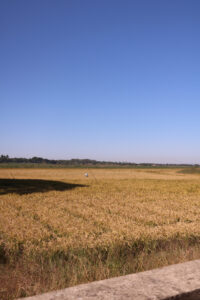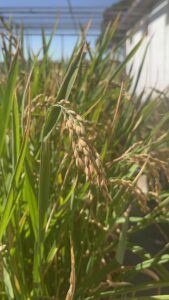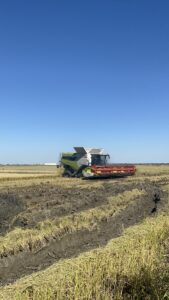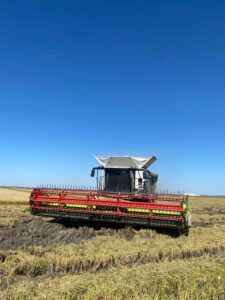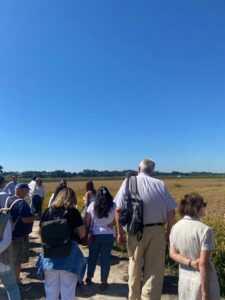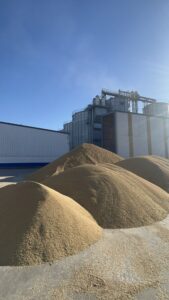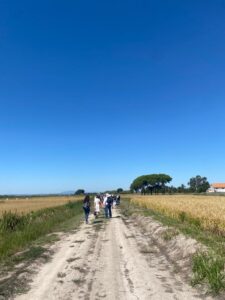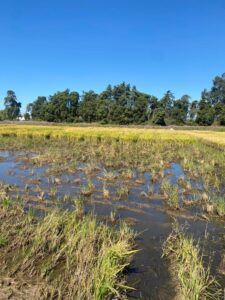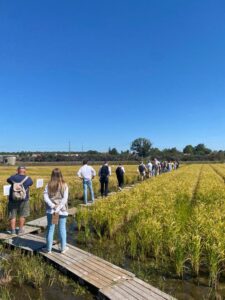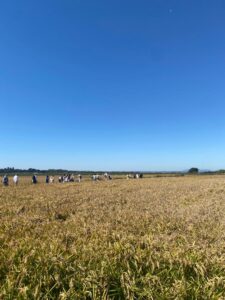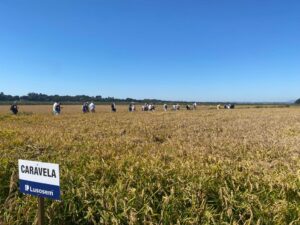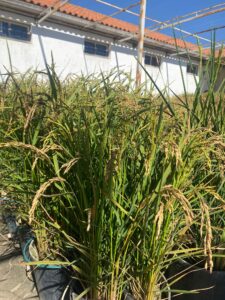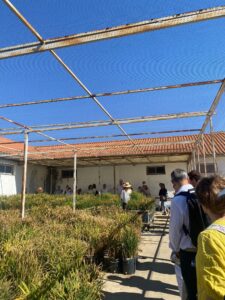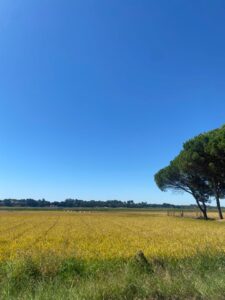PORTUGUESE RICE KING OF THE 3RD STUDY TRIP
Against the backdrop of the rice fields washed by the Tejo River, the longest in the Iberian Peninsula, near beautiful Lisbon, on 25 and 26 September, the third study trip organised as part of the Sustainable EU Rice – Don’t Think Twice project took place.
Journalists, influencers, chefs, researchers and agronomists from Italy, France, Germany and Portugal were welcomed to COTArroz, the Portuguese rice technology and operations centre based in Salvaterra de Magos.
Here, the first part of the study trip organised to disseminate and tell the story of the quality and sustainability of European-grown rice took place.
Welcoming the participants of the study trip was Pedro Monteiro, vice-president of Casa do Arroz, who in his welcome speech explained the objectives of the project to promote European rice, the activities of his association, and the programme for the two days.
This was followed by a presentation by Lourenço Palha and Ana Sofia Almeida, who described the efforts of producers and researchers to develop a rice breeding programme, with the aim of creating new varieties that are able to adapt to Portuguese soil and climate conditions and meet the needs of farmers and the market.
COTArroz, in addition to working on improving the cultivation processes of Portuguese rice and its varieties, brings together numerous realities of the Portuguese rice chain, from production to consumer, including those related to research, education and the rice industry.
After a lunch with typical Portuguese recipes based on Carolino rice, such as rice with cuttlefish and rice with milk, in the afternoon the participants visited the cultivated fields and witnessed the harvesting process using the combine harvester.
The second day of the study trip began with a visit to the EVOA park (Vila Franca de Xira), located in the Tejo Estuary Nature Reserve, to discover the importance of the rice paddy ecosystem in preserving the biodiversity of flora and fauna. Here, the guests were able to see with their own eyes the positive impact that rice cultivation has on the environment, observing the numerous bird species that populate this area through birdwatching activities.
The study trip ended with a visit to the ‘Arrozeiras Mundiarroz’ rice mill, where the Portuguese rice processing and storage processes were demonstrated.


